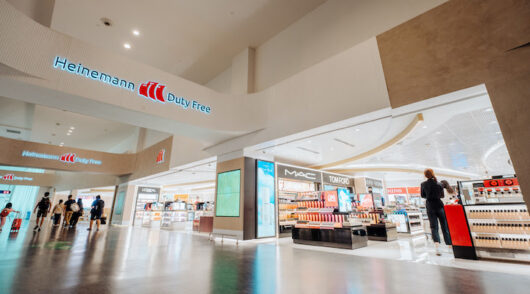Proposed changes to India’s duty-free purchase limits may dent the country’s duty free market growth prospects, says GlobalData.
The country’s Commerce and Industry Ministry plans to limit duty-free alcohol sales to inbound travellers to one bottle or one litre per person – half the current limit – and to ban all sales of tobacco products.
The ministry also plans to reduce the value of goods and gifts that a passenger can get into the country without paying import duty which is currently capped at US$712.65 (INR50,000). The government says the move will bring duty-free limits into line with other countries such as the US, China, and South Korea.
“The proposed changes, if implemented, will negatively impact the duty-free market in India as alcoholic beverages and cigarettes account for a significant share of total duty free sales,” says Vijay Bhupathiraju, a retail analyst at GlobalData.
“Drinks is the largest product category sold in the Indian duty free market with category sales at US$695.7 million in 2018, accounting for 66.8 per cent of overall duty free sales. However, the proposed slashing of the limit on alcoholic drinks to half is forecast to reduce the category sales by nearly 25 per cent.
“On the other hand, tobacco is the fourth largest product category with its sales at US$64.7 million (6.2 per cent share) in 2018. If the proposed plan to completely prohibit inbound tourists from purchasing cigarette cartons at duty-free shops is to be believed, it results in complete nullification of inbound spending on cigarettes, slashing the category sales by as high as 50 per cent,” said Bhupathiraju.
India is the world’s fastest-growing duty-free market globally, with sales growing at a compound annual growth rate (CAGR) of 23.1 per cent during 2013-2018 to reach US$1 billion in 2018 and forecast to grow at a CAGR of 19.2 per cent to reach US$2.5 million by 2023.
Bhupathiraju says if the proposed changes are enacted, India’s duty-free retailers need to diversify their offerings to include essential product categories such as cosmetics and toiletries, food, and jewellery and watches to offset lost sales in liquor and cigarettes.
“The move is also a jolt to non-aviation revenues for airports, impacting the overall growth of airport retail in an otherwise fast growing airport retail market.”






